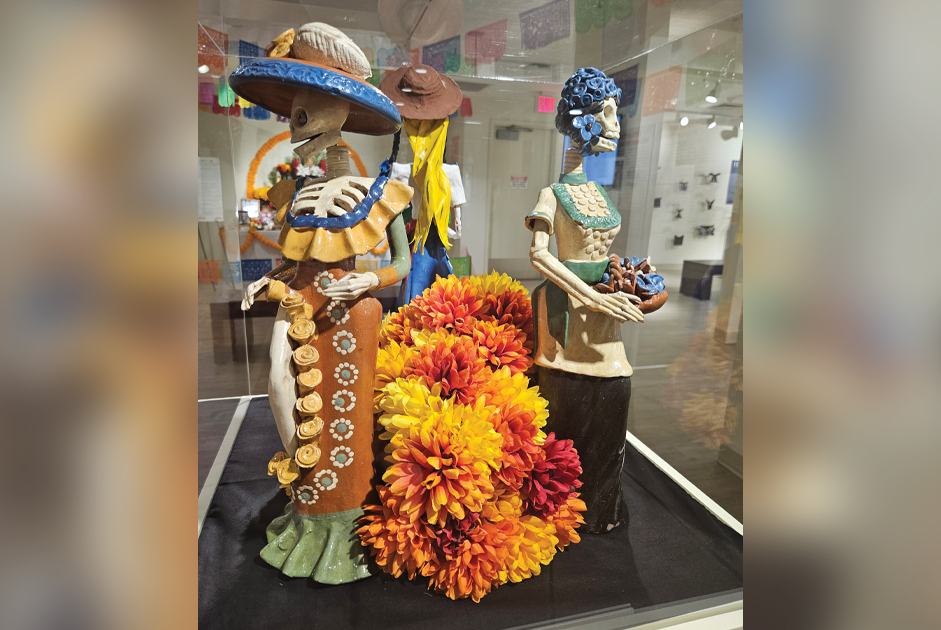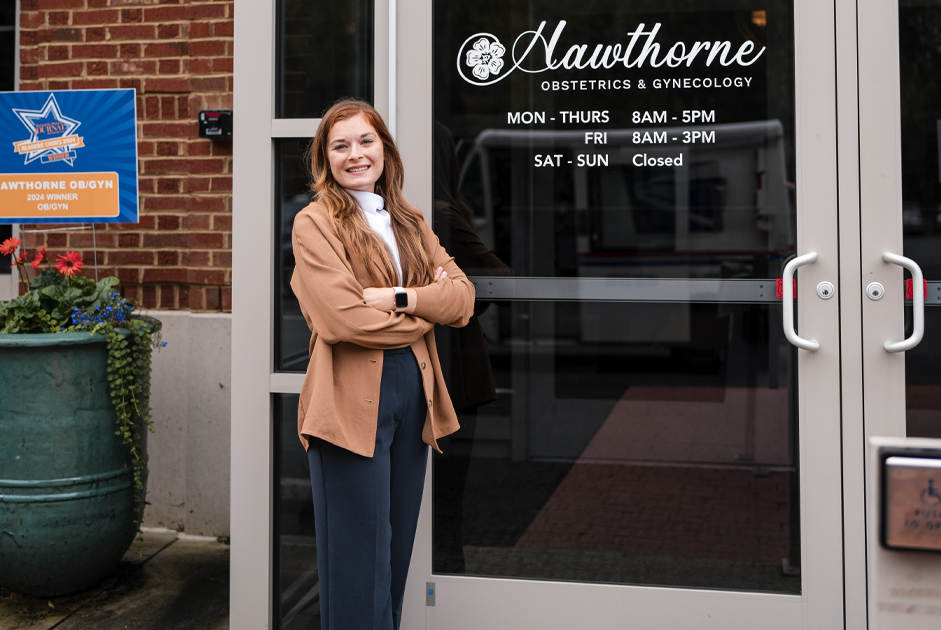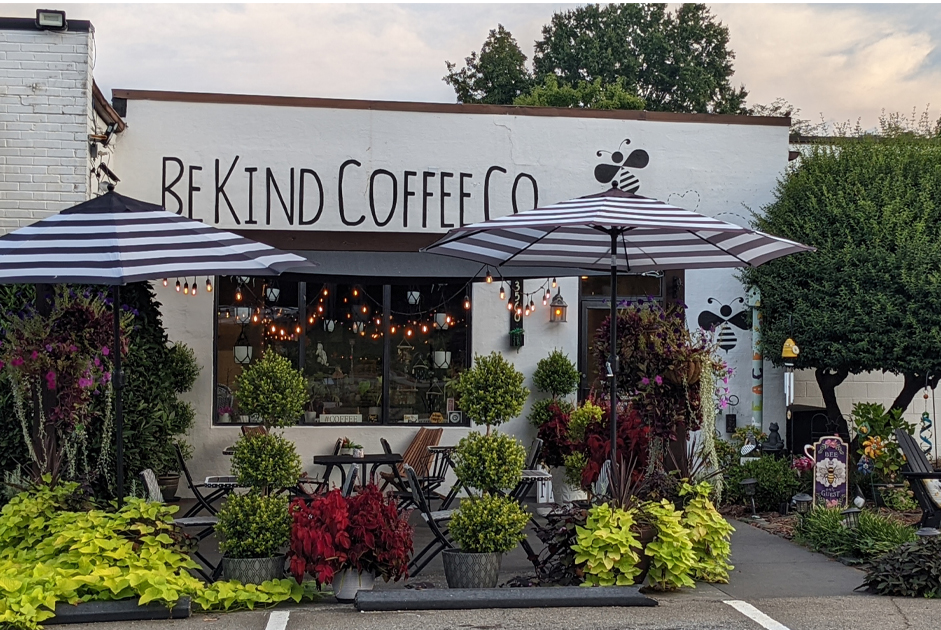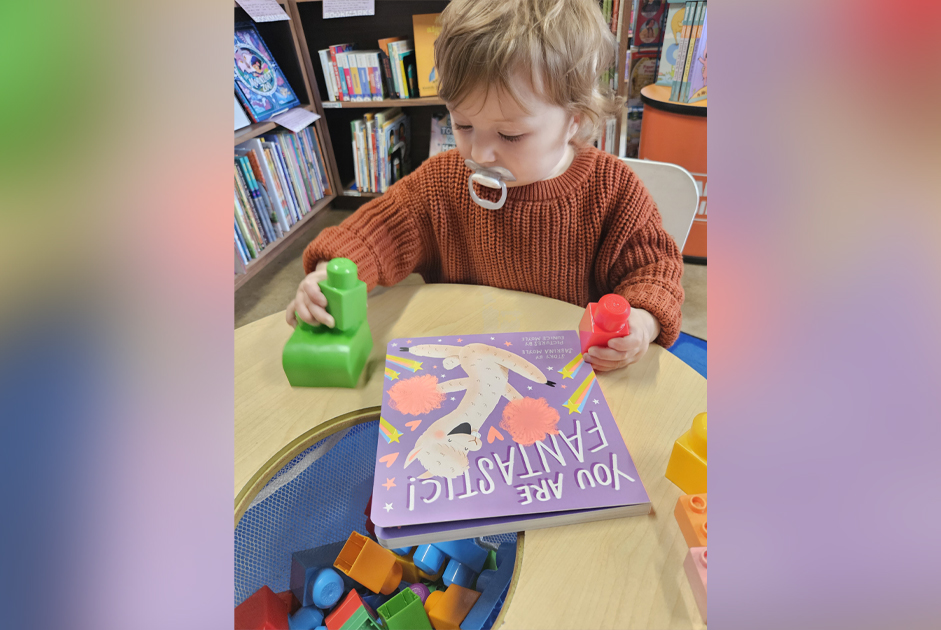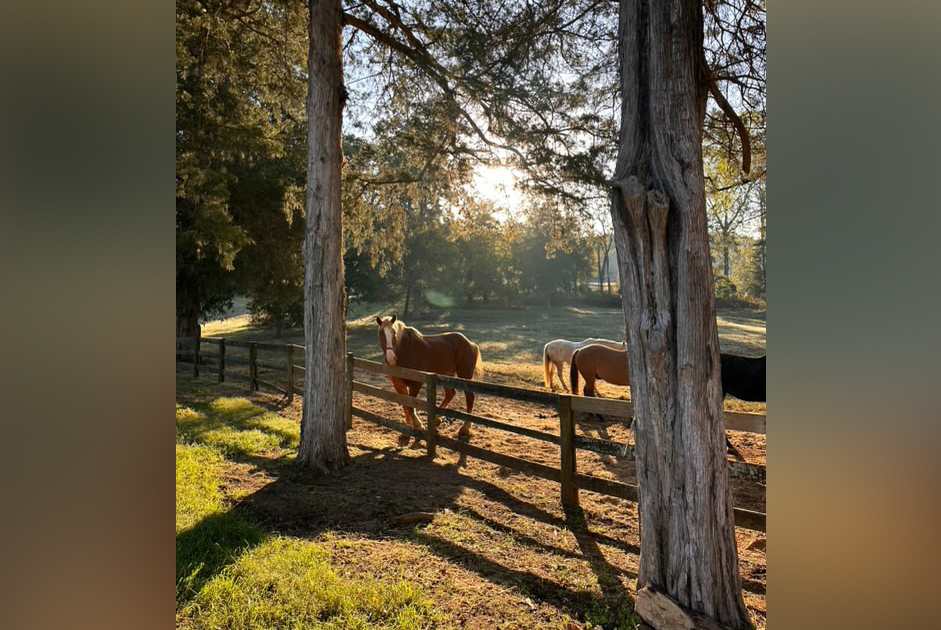Best known for wearing his loveable sweaters and always singing, “It’s a beautiful day in the neighborhood,” Mister Rogers connected with many people throughout the world with his kind and comforting personality.
Born on March 20, 1928, famous television personality Fred Rogers lived his life as a musician, writer, producer, puppeteer, and Presbyterian minister. Rogers went into television because, as he once stated, “he hated it,” and didn’t like what programs were currently on TV. After graduating from college, he worked at NBC before returning to his native Pittsburgh to work at a local television station. During this time, Rogers developed The Children’s Corner, went to seminary and the University of Pittsburgh’s Graduate School of Child Development. After Pittsburgh, in 1963, Rogers went to work at the Canadian Broadcasting Corporation and the idea of a show about Mister Rogers was born.
From 1968 to 2001, Fred Rogers was a staple on American television, hosting Mister Rogers’Neighborhood. Through895 episodes, Mister Rogers welcomed everyone from all walks of life into his home. Regular neighbors of Mister Rogers were the “Speedy Delivery” man Mister McFeely, Lady Aberlin, the baker Chef Brockett, and the singing policeman, Officer Clemmons, plus more. In addition, famous guests visited the neighborhood, including Bill Nye the Science Guy, the Dance Theater of Harlem, and marine biologist Sylvia Earle. According to the official website of MisterRogers’ Neighborhood, the show “took us by hand and together we learned about ourselves, others, and the world around us.” For many people throughout the world, that statement rings true.
Throughout the decades, Mister Rogers gave the world many lessons about friendship, being confident in ourselves, understanding our feelings and the world around us. In addition, his wisdom related to the topics of helping others, welcoming and valuing everyone, and appreciating our similarities and differences. Lastly, Mister Rogers taught his viewers to wonder, explore, and be curious. He showed us that we should be open to new experiences and that it is okay to talk about difficult subjects. For these lessons, he consulted with Dr. Margaret McFarland, a well-known child psychologist, who helped Mister Rogers make sure his scripts were in line with true concerns and feelings of children.
These messages, such as the ones below from the many quotes by Mr. Rogers, will always resonate with people:
- “Love and trust, in the space between what’s said and what’s heard in our life, can make all the difference in this world.”
- “In every neighborhood, all across our country, there are good people insisting on a good start for the young, and doing something about it.”
- “We all have different gifts, so we all have different ways of saying to the world who we are.”
- “We live in a world in which we need to share responsibility. It’s easy to say, ‘It’s not my child, not my community, not my world, not my problem.’ Then there are those who see the need and respond. I consider those people my heroes.”
- “When I was a boy and I would see scary things in the news, my mother would say to me, ‘Look for the helpers. You will always find people who are helping.’”
The wisdom of Mister Rogers will continue to influence many generations to come. Think about how we could change the world if we all put these messages to use in our own lives and the lives of those around us. Imagine what would happen if we told people the same statement Mister Rogers said at the end of every show: “You’ve made this day a special day, by just you being you. There’s no person in the whole world like you; and I like you just the way you are.”







